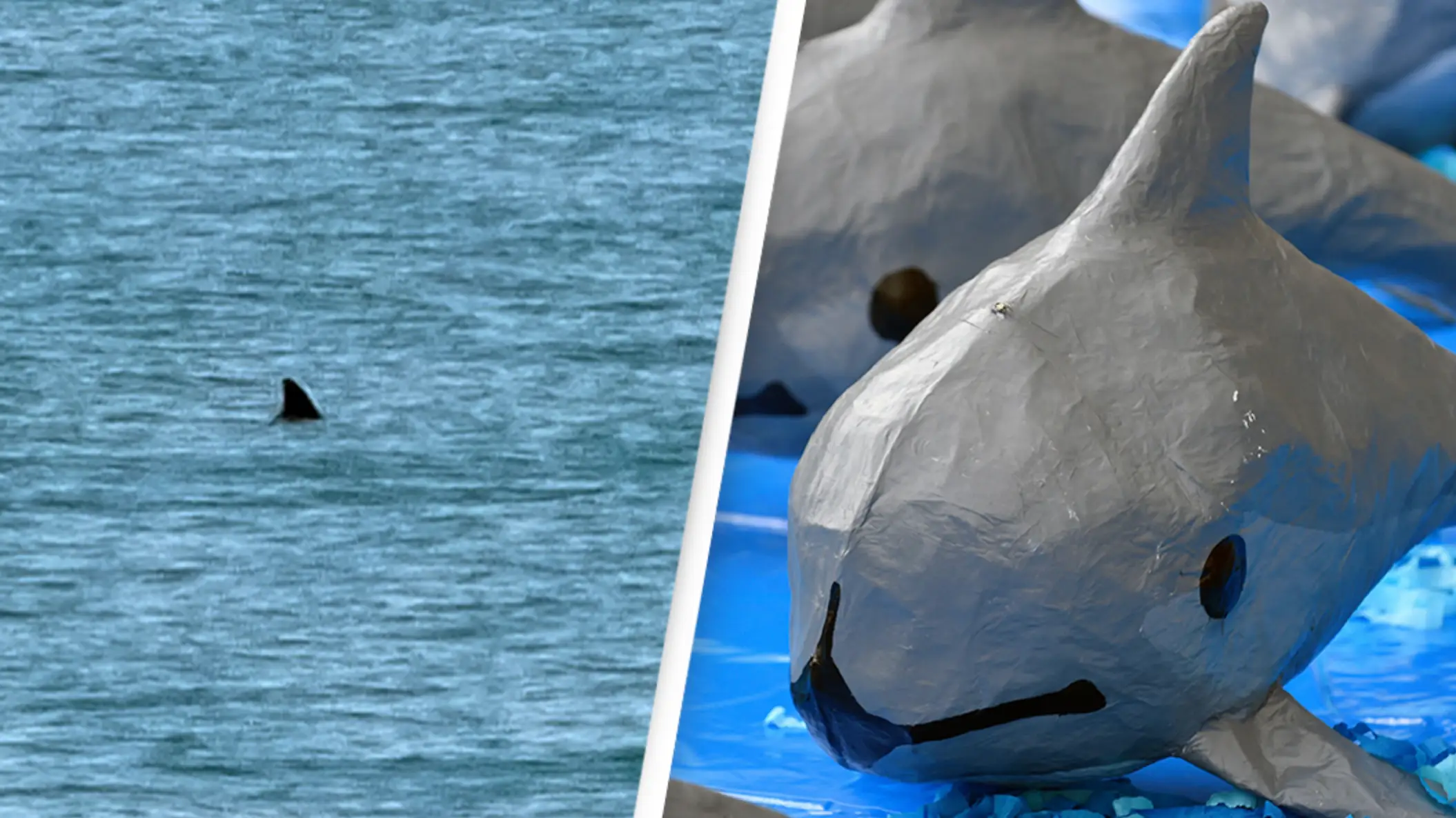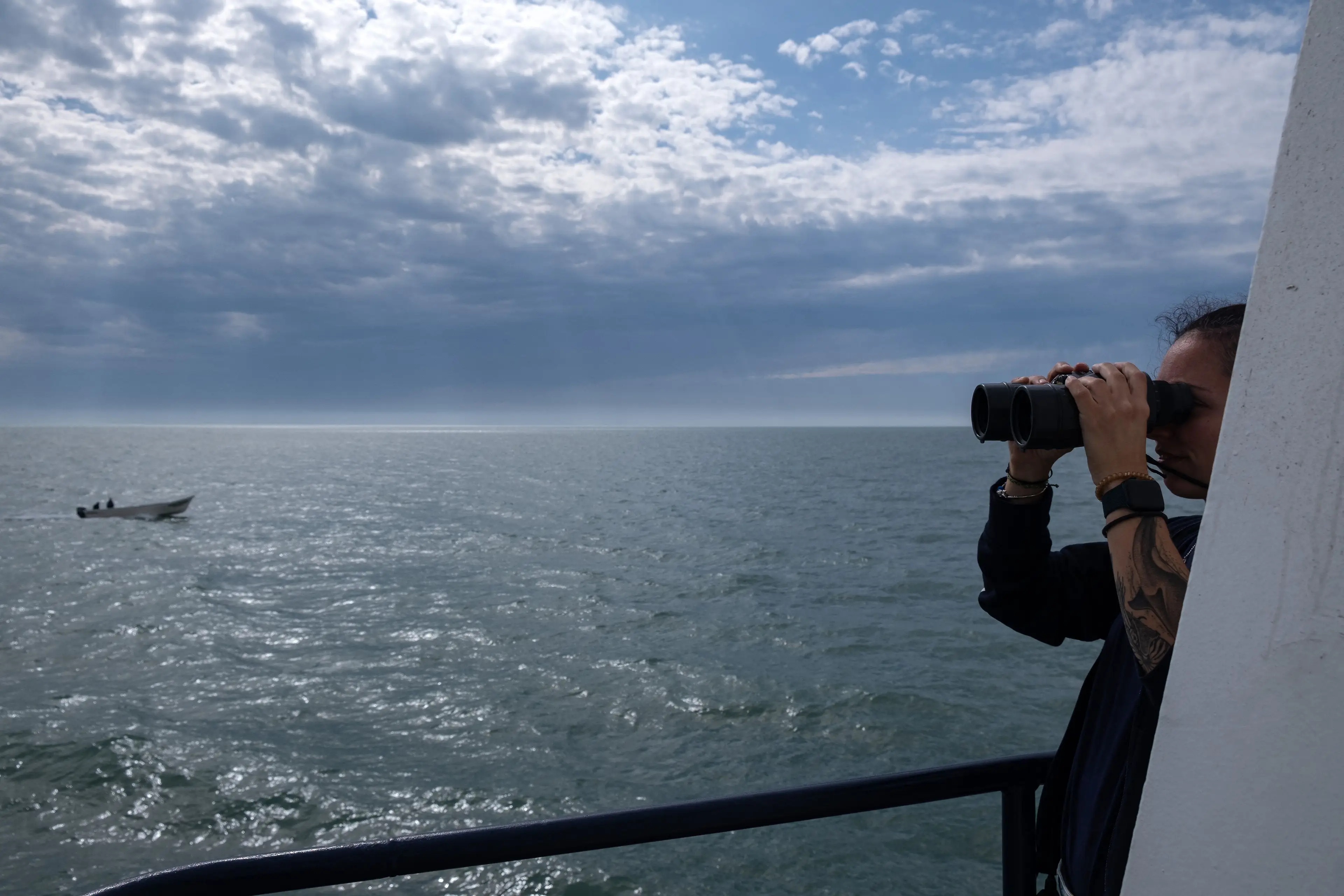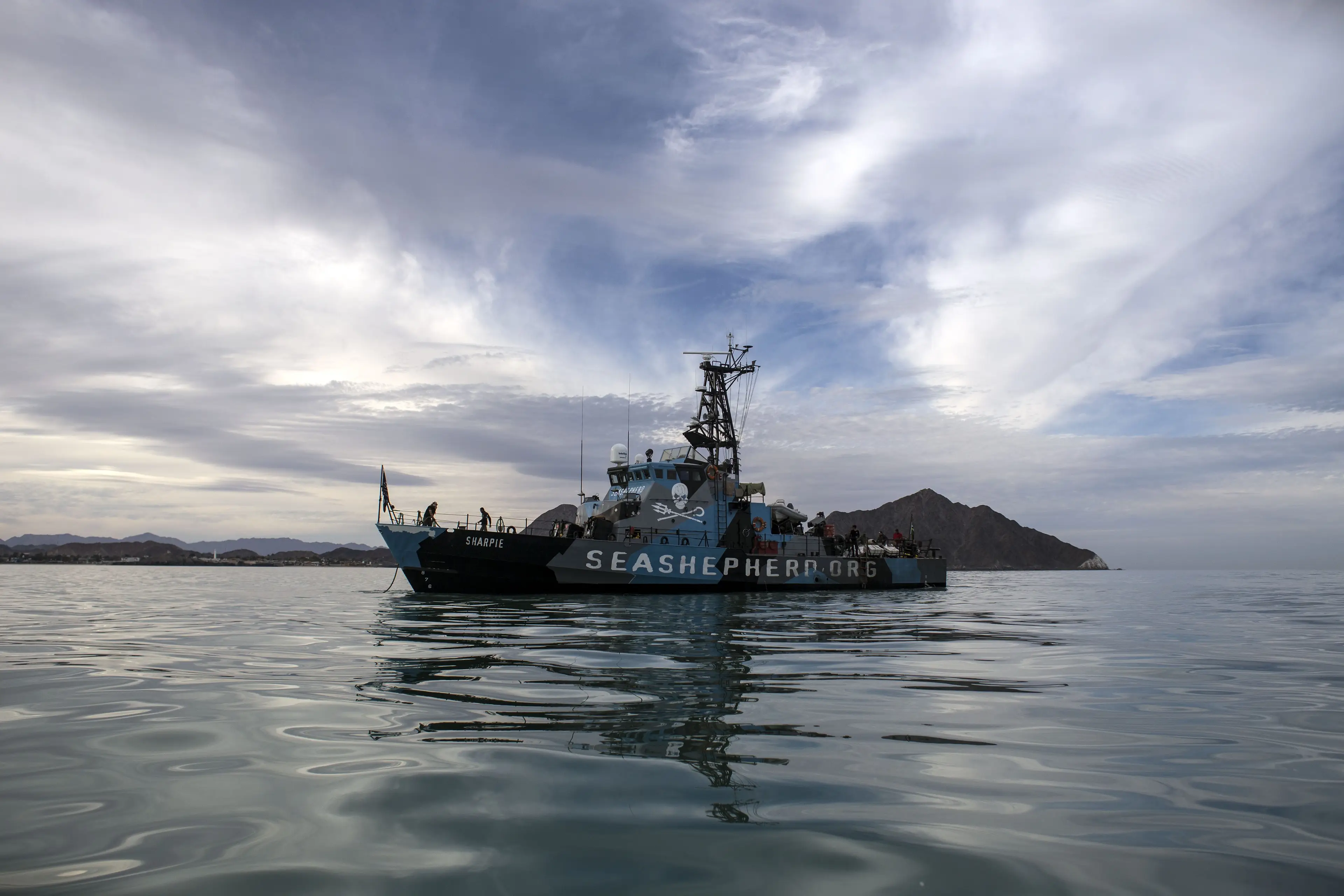
The International Whaling Commission (IWC) has issued an extinction alert for one of the world’s rarest mammals.
This marks the first time the commission has had to issue an extinction alert in its 70-year history.
The alert reads: “The decline of the vaquita has continued despite very clear understanding of both the cause (bycatch in gillnets) and the solution (replacement of gillnets with safer alternatives).”

Advert
The vaquita is a species of porpoise that is only found in a small region of the Gulf of California, Mexico.
According to a recent study conducted by the International Union for Conservation of Nature, only 10 individual vaquitas, including a calf, remain in the ocean.
In a statement from the Scientific Committee of the IWC, the Committee said: “Despite nearly thirty years of repeated warning the vaquita hovers on the edge of extinction due to gillnet entanglement.”
Gillnets are a rectangular panel of netting that is used for fishing, however, 300,000 whales, dolphins and porpoises get tangled up in these nets every year, often leading to their deaths.
Gillnets were permanently banned in Mexico back in 2017, although black-market and illegal fishing continues.
To combat illegal fishing, the Mexican Navy developed a gillnet buffer zone structure in 2022 that appears to have decreased gillnets by 90 percent in the area.
However, for the group of 200 world-leading scientists, 90 per cent is not good enough.
“The extinction of the vaquita is inevitable unless 100 per cent of gillnets are substituted immediately," they said.
They call for ‘alternative fishing gears’, which both protect the precious vaquita and also safeguard the jobs and livelihoods of fishers.
“If this doesn’t happen now, it will be too late," they added.

Back in 1997, there were an estimated 567 vaquitas swimming in the ocean, this number dropped down to 59 in 2015, before now reaching the final 10 back in 2018.
However, not all hope for the vaquita is lost, as Sea Shepherd has called the sighting of a calf and the decrease in gillnets 'clear signs of progress in the protection of the endangered vaquita'.
“Hope for the survival of the world’s most endangered marine mammal was the highlight in the results of the 2023 Vaquita Survey,” said the non-governmental organization.
The IWC added: “This statement is issued today to encourage wider recognition of the warning signs of impending extinctions.
“[It’s also] generates support and encouragement at every level for the actions needed now to save the vaquita.”
Topics: World News, News, Animals
